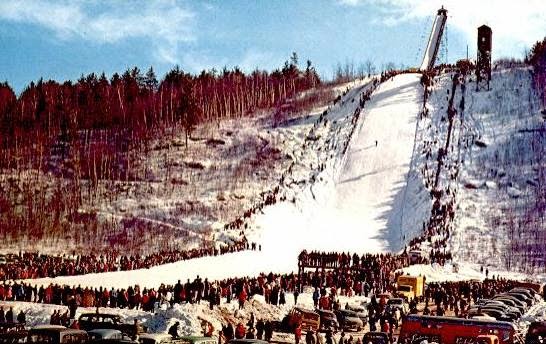Telling about how the mother of my preacher friend, Paul Unger, wanted him to be a barber, [7-26-22] made me think of another preacher friend, half a generation older, Bob Gingery.
Saturday night was the big shopping night in small towns back then. That included haircuts for men and boys.
Arcola, IL funeral director Steve Shrader told us how he went to Don Black’s shop one Saturday night and then strolled down Main Street so the girls could admire him. Instead they pointed and laughed. He used the plate glass window of Vyverberg’s Dept store as a mirror and realized that the sometimes distractable Don had buzzed off the right half of his hair and left the left half standing at attention.
Back to Rev. Bob Gingery. It was midnight on Saturday, and Bob realized that he needed a haircut. His hair was far too long to go into the pulpit the next day.
That seems strange these days. Preachers go into the pulpit, and anywhere else, with hair of any length, style, and hue. Part of that is because there are women preachers now, and there were none back in the Eisenhower 1950s. Mostly, though, it’s because we don’t expect everyone to look like everyone else. In that way, society is…well, maybe not “better,” but certainly more interesting.
In the 1950s, however, young men wore crewcuts. Older men wore their hair slicked and combed. “Bryllcreem: A little dab’ll do ya.” Regardless of age or style, it was short.
Only classical musicians wore long hair, which gave rise to calling classical music, “long hair music.” If you got a day behind on your haircut schedule, your friends would taunt you with, “Where’s your violin?” Nowadays, “long hair” music is more likely redneck country music.
But where do you go for a haircut in a small town in southern Indiana on Saturday at midnight? Well, your kitchen. Bob persuaded his wife to give him a haircut. Men believe wives can do anything, even if they have no experience or aptitude for the necessary action. Bob sat on a kitchen chair with a towel around his neck. His wife took up the scissors. Things did not go well. “The last state was worse than the first.” [Matthew 12:45] Now he was desperate.
The only person he could think of who had hair-cutting experience, and who was used to midnight hours, was the undertaker. He called him.
“Okay,” said the undertaker, “but you’ll have to come over here and lie on the embalming table, because that’s the only way I know how to cut hair.”
This Sunday, I’ll be in the pulpit again, 66 years after I first stood there. Back then, I had a crewcut. Now I’m bald. I have no worries.
John Robert McFarland
No, that is not I in the photo above. But it's close.
I’m going to preach again,
or at least tell stories, at St. Mark’s UMC in Bloomington, Indiana at 10:30
Eastern Time on July 31. You can “attend” by clicking on the livestream button
on the smumc.church web site. [Not smumc.org.] Or you can get it
via the archive button any time after noon on 7-31. I don’t intend for this to
be a regular thing. My eyes and back and voice are already too old for
preaching. In fact, I’ve dragooned a friend into leading the rest of the
service so that all I have to do is preach. But one thing I can do for our
pastors, and thus our congregation, is give them some rest time. Besides, Jesus
came to teach us how to have a good time [John 10:10], and I think preaching is
fun.








